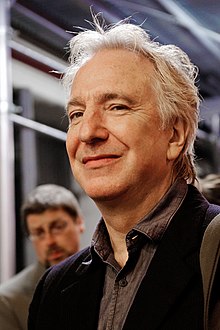|
|
| (www.hollywoodreporter.com) |
- Also Known As:
- Version:
- needed to precede following dl
- Languages:
- Length:
- 117 minutes (Uncut)
- Review Format:
- DVD
- Year:
- 2014
- Country:
- Predominant Genre:
- Romance
- Director:

- Outstanding Performances:
- Entire cast
- Premiss:
- Two landscape artists become romantically entangled building a garden in the palace of a king.
- Themes:
- Alienation | Art | Compassion | Courage | Curative | Destiny | Emotional repression | Empathy | Erotophobia | Friendship | Identity | Individualism | Loneliness | Love | Loyalty | Materialism | Narcissism | Nostalgia | Personal | Personal change | Political | Political Correctness | Sadomasochism | Schizophrenia | Sex | Sexual Repression | Social class | Society | Snobbery | Solipsism | The State | Stereotyping | White culture | White supremacy
- Similar to:


The best Caucasian cinema can produce
|
|
| (www.indiewire.com) |
Although well-acted by all concerned, and being more than a little amusing, this suffers from the usual problems of Caucasian cinema. Namely, no explanation as to why Whites would create the culture depicted, wherein no-one is allowed to be happy nor to seek happiness - in the company of those they choose for themselves.
Whites rely, instead, on the approval and acceptance of others to achieve any kind of valorization - no matter how shallow; perfectly-complemented by the shallowness of the characterization made available to the performers by the screenplay.
|
|
| (www.standard.co.uk) |
This is the masochism of a White supremacy in which the price of being a guilt-ridden beneficiary of such racism is an obsession with material well-being and its concomitant: Emotional suicide.
Ultimately, this movie is a celebration of materialism and the showy emptiness of Western architecture with its focus on politically-domineering looks rather than ethical & value-laden purpose.





No comments:
Post a Comment